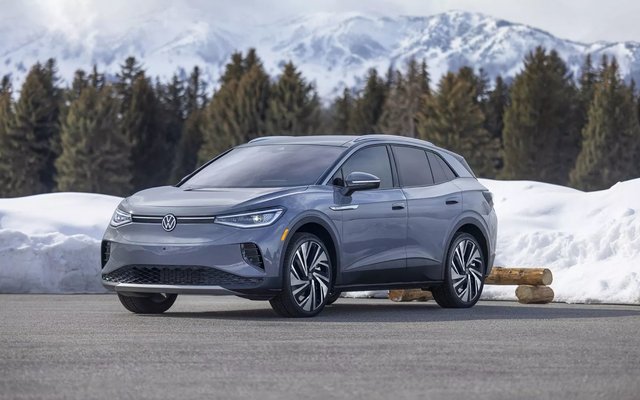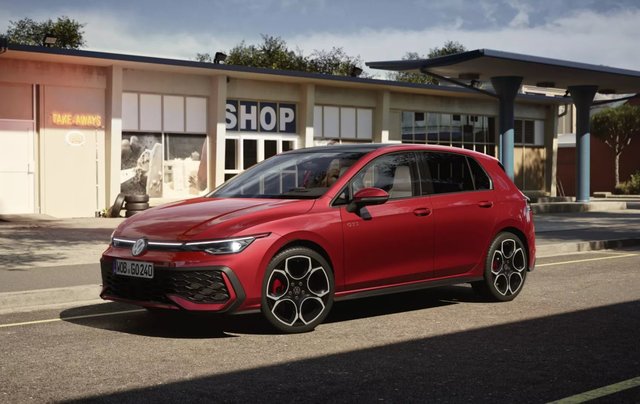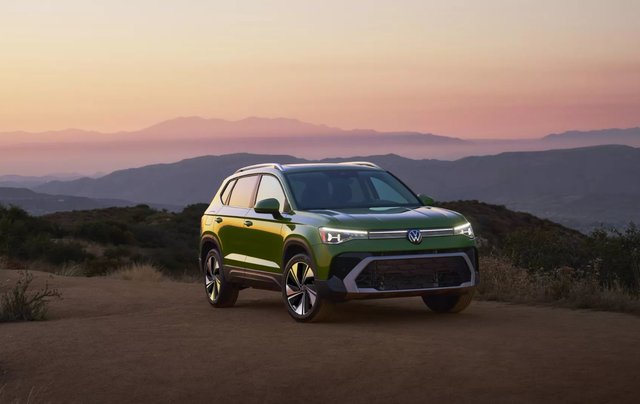This article will look at what makes Volkswagen’s gas and diesel engines different. Hopefully, this will help you decide if diesel is right for you! The gas engine is a familiar and conventional type of internal combustion engine that operates on the same principle as the diesel engine. The primary difference between these two engines is the method they use to combust the fuel. Read on to learn more.
Gas Vs Diesel
While Volkswagen’s gas and diesel engines operate on a similar principle, the engines differ from each other. The main purpose of the engine is to use fuel combustion to generate horsepower and torque. Due to the massive difference between gas and diesel, there’s also a huge difference in the performance of a gas vs a diesel vehicle.
If you’re just starting out as a car owner, you should remember that you should never swap your fuel type or you could end up with a seized engine or one that’s damaged so badly, it cannot be reversed.
How Volkswagen’s Diesel Engines Work?
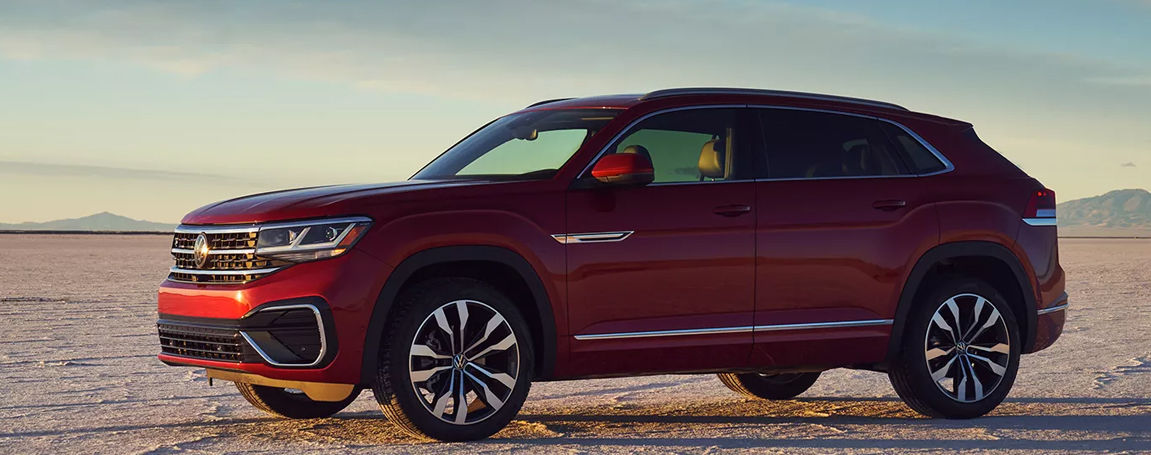
Volkswagen diesel engines function similar to its gas engine, where it internally combusts the fuel using the cylinders in it. The fuel combines with air and gets inserted into the cylinders, where the actual combustion process occurs. This is where the fuel ignites, the piston comes down, and the car begins to move.
This entire process is connected to the car’s transmission, which is then connected to the wheels. The piston has an up-down motion inside the cylinders, which constantly pushes the gas exhaust out of the car through the tailpipe. This continues as the car continues running.
Similarities Between Volkswagen’s Gas & Diesel Engines
The number of cylinders in a gas and diesel engine of a Volkswagen is directly responsible for the performance of the car. This means the more cylinders, the better the performance. This mainly happens because the higher the number of cylinders, the faster the pistons work, thereby powering the engine to run smoothly. This also tends to complicate the process because the higher the number of cylinders, the higher the number of pistons, and the more powerful the car is. This transcends to more vibrations, and more spare parts to deal with.
Differences Between Volkswagen’s Gas & Diesel Engines

There are multiple differences, but here are the most prominent.
Spark Plugs
Volkswagen gas engines are ignited with a spark plug, whereas a diesel engine does not use one. The diesel is compressed using thermal heat, which ensures the fuel is continuously combusted. This is also the reason it’s called compression ignition.
Fuel Efficiency & Price
A major difference between Volkswagen’s gas and diesel engines is that the diesel engine is more efficient compared to the gas one. This is also why a diesel-powered car is more expensive.
Conclusion
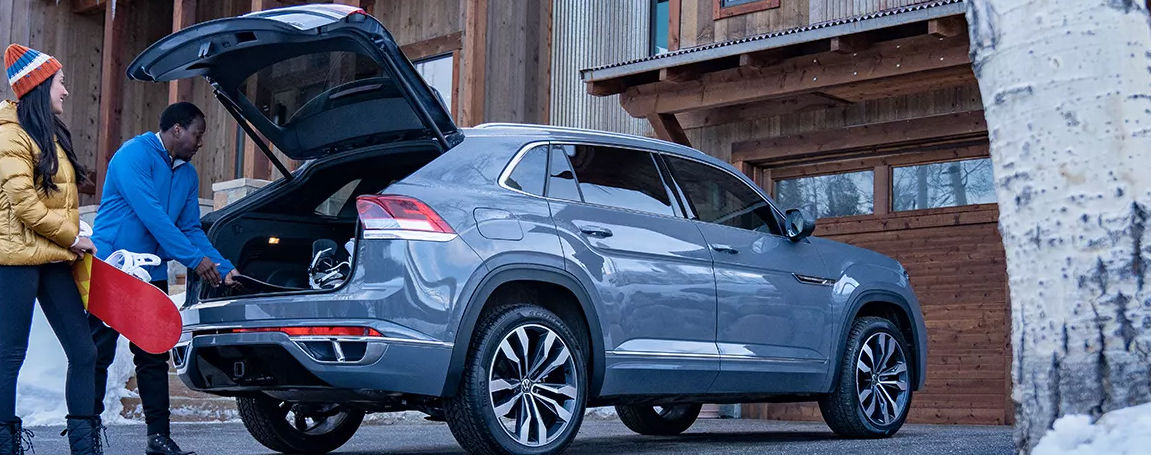
The bottom line is that anyone considering investing in a car should know the differences between the models, and the engines. They should then make their decision based on those specifics. If you need any help with this decision process, you can reach out to the knowledgeable staff at Myers Hunt Club Volkswagen.
